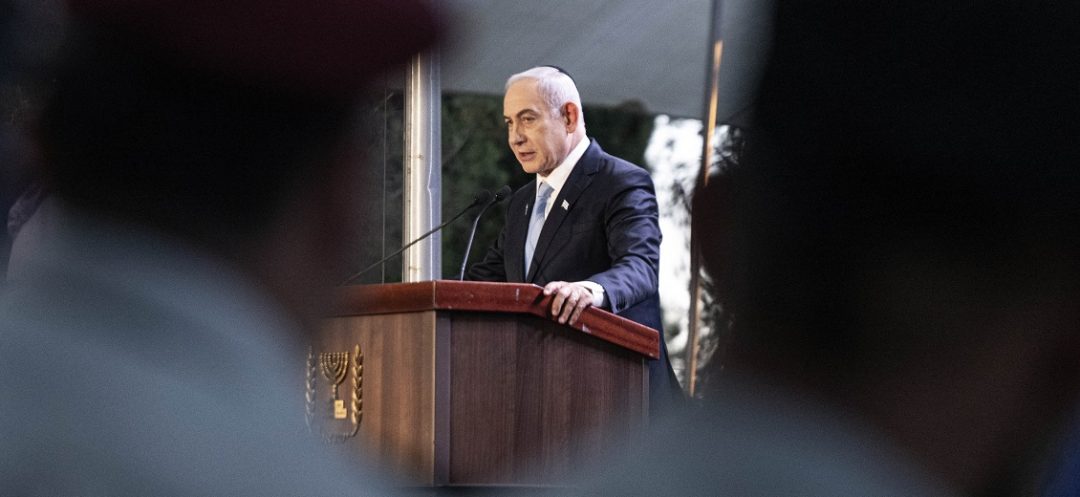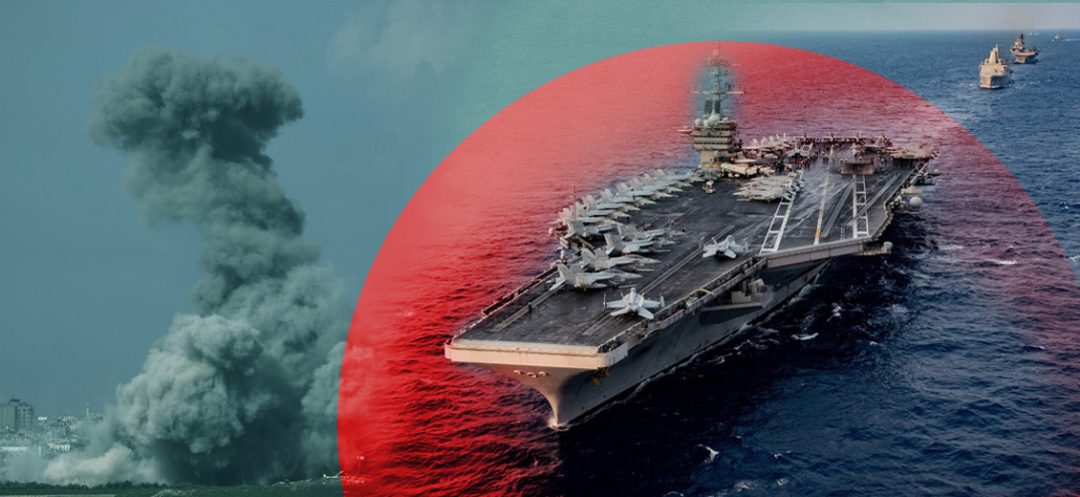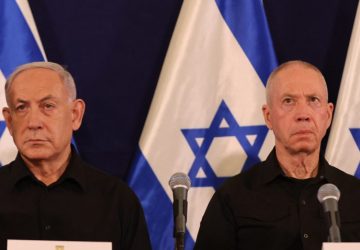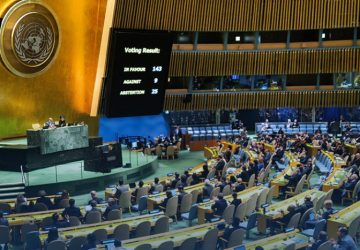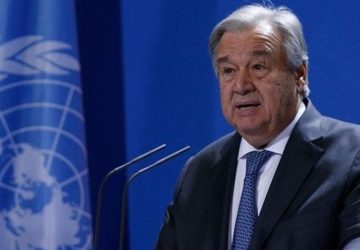In Lebanon, August 2024 was exceptionally intense, characterized by sweltering temperatures and escalating geopolitical tensions.
The assassinations of Fouad Shokr in Beirut’s southern suburbs and Ismail Haniyeh in Tehran cast a month-long shadow of a potential regional war, with Lebanon once again at risk of becoming a battlefield.
However, recent weeks have hinted at a possible calm. The feared Iranian retaliation for Haniyeh’s death has yet to unfold, while Hezbollah’s response to the August 25 strike that killed its military commander has proven largely ineffectual.
Most experts now predict the conflict will likely remain confined to southern Lebanon, punctuated by occasional strikes on pro-Iranian positions in the Bekaa.
Across the rest of the country, even the once-frequent sonic booms have disappeared from daily life. In Israel, however, political divisions, even within the government, seem to have overshadowed military escalation.
However, the respite was fleeting. The first half of September brought renewed tensions, with escalations at the Lebanese-Israeli border, inflammatory statements from Israeli officials, and a resurgence of diplomatic efforts… The month may yet turn out to be highly intense.
Psychological Warfare Through Rhetoric…
On Thursday, September 5, Israeli Finance Minister Bezalel Smotrich, a far-right figure, called for a major military offensive against Lebanon, asserting “that war should only end once Hamas and Hezbollah are completely eliminated,” he said in an interview with Israeli radio.
Three days later, former Israeli war cabinet Minister Benny Gantz stated on Sunday in Washington that it was time for Israel to address the situation in the North. Meanwhile, an Israeli official hinted in an interview on Channel 12 that “the campaign in Lebanon is nearing,” regardless of any agreement concluded with Hamas.
Adding to the tension, Israeli Prime Minister Benjamin Netanyahu noted during a security cabinet meeting on Thursday evening that preparations were underway for a “large-scale campaign of varying intensity.” Concurrently, Defense Minister Yoav Gallant warned his US counterpart Lloyd Austin that the chances for a diplomatic solution with Hezbollah are “diminishing,” according to a statement from his office on Monday.
And on Monday evening, following a meeting of the Security Cabinet, the Prime Minister’s Office endorsed this position, adding “the safe return of the northerners to their homes” to Israel’s existing war goals.
… And Through Actions
Recent actions have matched the growing rhetoric: psychologically harassing the Lebanese population, with a cautious resurgence of sonic booms and increased bombardments along the border.
Notably, an Israeli brigade dropped leaflets via drone over several towns in southern Lebanon, urging residents to evacuate. Although this unit appears to have acted without higher command approval, its actions have had a significant impact on Lebanese public opinion.
Voir cette publication sur Instagram
Simultaneously, the Israeli army continues its preparations along the Lebanese-Israeli border. Since the start of the month, it has multiplied ground and air exercises simulating a potential land operation in Lebanon.
These drills include scenarios with helicopter landings in populated areas, demonstrating the Hebrew State’s readiness for possible infiltrations by the Radwan unit in response to its offensive.
The Israeli Ministry of Defense is taking this hypothesis seriously, having distributed equipment and weapons to 97 “civil security squads” in northern Israeli communities near the border with Lebanon. These volunteer units are tasked with supporting local security forces.
Diplomatic “Fait Accompli”
Internationally, the Hebrew State is intensifying its efforts to prepare its closest allies for the possibility of a ground offensive.
On Sunday, September 8, General Michael Kurilla, head of US Central Command (Centcom) for the Middle-East, visited Israel to discuss the security situation. During his visit, the Israeli General Staff used the opportunity to brief him on their “operational plans” for Lebanon, as reported on the Israeli army’s X account.
This potential scenario is increasingly turning into a tangible plan. Gallant informed US envoy for Lebanon negotiations, Amos Hochstein, on Monday, that the only way to safely return residents of northern Israel would be through military action.
The day before, Gallant had also conveyed to his US counterpart, Lloyd Austin, that the likelihood of a diplomatic resolution to the conflict with Hezbollah was “diminishing.”
Israeli Cabinet Divisions
The recent comments from the Israeli Defense Minister are surprising, given his prior stance as the main opponent of a ground offensive into Lebanon within the security cabinet.
The rift between Gallant and Netanyahu seems to have widened recently, with several Israeli media outlets reporting that Netanyahu was seriously considering dismissing Gallant if a ground offensive were approved. However, this was later refuted by a “diplomatic source,” according to the Israeli public television, KAN News.
This division is not limited to the government but also affects the General Staff. General Ori Gordin, head of the Northern Regional Command and an advocate for a broader offensive, is at odds with Chief of Staff Herzli Halevi who supports Gallant’s position.
It’s important to note that these are not the first Israeli threats of this kind against Lebanon. So far, such threats have not resulted in a significant escalation beyond localized bombings and targeted assassinations.
Therefore, it is possible that the Israeli rhetoric and preparations are more about applying pressure to secure a favorable resolution rather than signaling the imminent start of a major conflict. This approach appears aimed at influencing both Western allies and the Lebanese population.



